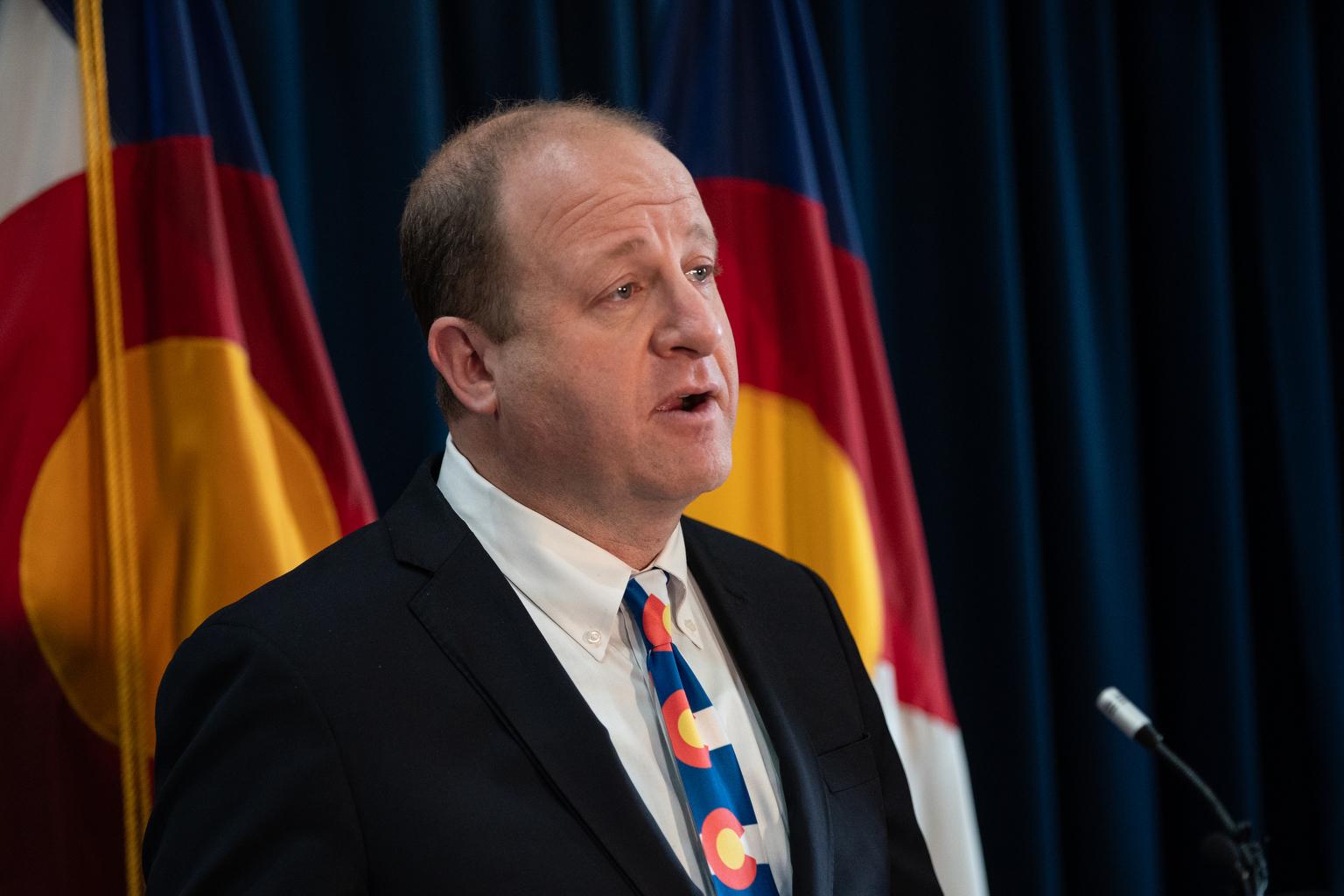Some of Colorado’s largest sawmills are on the brink of collapse and hundreds of jobs hang in the balance. Mill operators say they are stymied by bad weather and unaffordable contracts. Sawmills are a critical piece of forest management, especially with millions of beetle-killed trees that need to be cleared. Colorado Public Radio’s Ben Markus has this profile of the state’s largest sawmill and it’s struggle to survive.
Reporter Ben Markus: This is where logs first enter the sawmill owned by Intermountain Resources in Montrose. A machine scrapes the bark from the tree before it moves to a massive saw. Each process in the mill works in perfect unison -- the problem is there are hardly any logs.
The log yard outside the mill is nearly empty. Patrick Donovan with Cortes and Company was appointed by the court to turn Intermountain around.
Donovan: Driving up the road, I can see from quite a ways away that we don’t have enough timber in here to keep operating, and today I know that we’ll shut down at or before lunch. Which isn’t good, because it means our hourly workers in that mill are only working four to six hours today.
Reporter: And about 200 workers rely on the mill.
Part of the problem has been weather -- which has delayed a lot of logging this year. But his biggest headache is a bunch of US Forest Service contracts signed when lumber prices were high -- before the housing bust. And because it’s not economical to log those trees they just sit in the forest
Donovan: You can’t pay more for the raw material then what you can get as finished lumber. It just doesn’t work.
Reporter: Donovan says he needs some of those expensive contracts canceled or completely reworked. But, so far, the US Forest Service has only made small changes to the agreements.
Donovan: Now we have asked the Forest Service to take some emergency action, find a way to go beyond the contract to have the Secretary of Agriculture, Secretary Vilsack declare an emergency.
Reporter: The US Forest Service wouldn’t grant an interview, but in a statement the agency asserted that it was committed to helping the nation’s sawmills. It’s committed, they wrote, because millions of acres of beetle-killed trees need to be cleared.
Donovan: We’ve got to face it, the timber in this state is no longer an asset, it’s a liability.
Reporter: Forest and fire officials agree that the dead, dried out trees pose a wildfire risk. Joe Duda is with the Colorado State Forest Service.
Duda: The main reason that we harvest in Colorado is not just strictly for the wood product and economic benefit, but it’s the land management service that that provides.
Reporter: He hopes a recent letter from Senator Mark Udall will prod the US Forest Service to “take every action in it’s power” to rework the sawmill contracts, because...
Duda: When it comes to forest product businesses it’s a lot easier to save the living then raise the dead.
Reporter: Montrose city officials also hope the Forest Service can save the living. Ron Henderson is a Montrose County Commissioner and a local real estate agent.
Henderson: It’s just not a pretty picture at all, it’s not good for the local community in anyway shape or form. Not only are those people directly impacted, the workers of the mill, but every business in town is impacted.
Reporter: He says it’s one of the largest private employers in town.
Back at the empty log yard at Intermountain Resources Pat Donovan says he’s not sure how long the bank will finance the mill.
Donovan: Something’s going to have to give, it’s either going to be wood comes available to the mill at a price it can afford to log it...
Reporter: Or, he says Intermountain, and the state’s other m ills, will go out of business.
[Photo by Anna Panoka]









